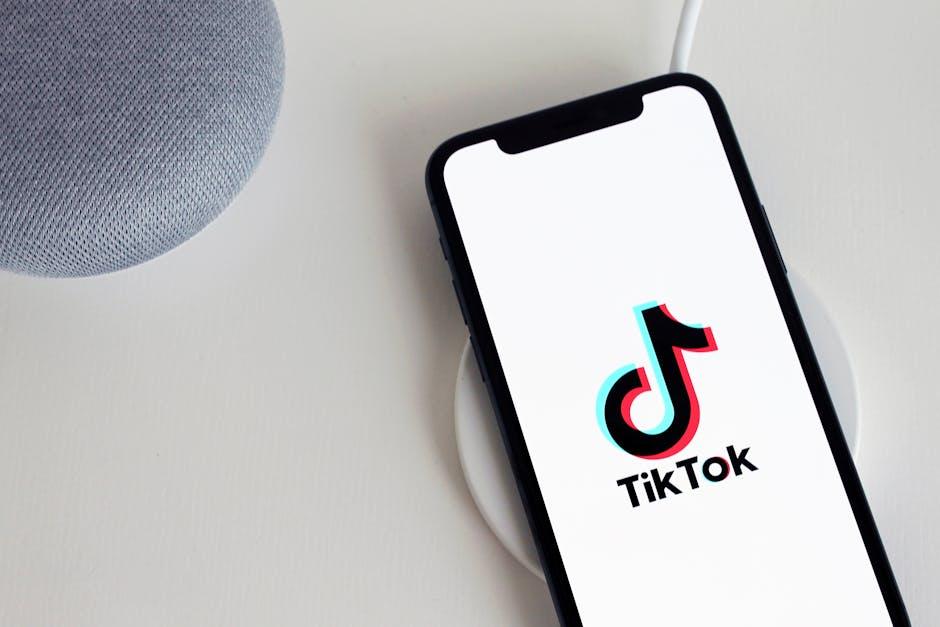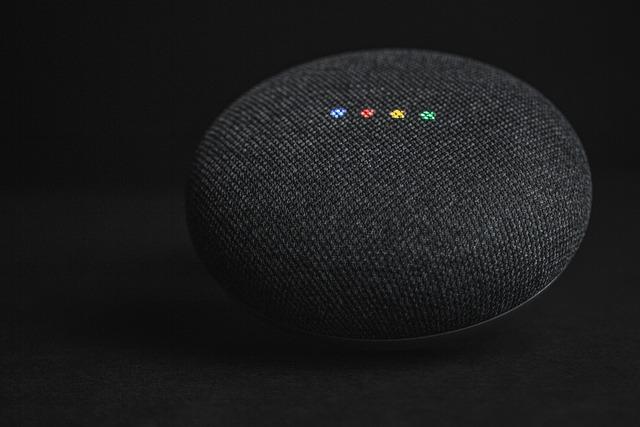In an age where convenience and efficiency reign supreme, our digital companions have become indispensable allies in navigating everyday tasks. From playing our favorite songs to managing our schedules and answering our burning questions, smart assistants like Amazon’s Alexa, Google Assistant, and Apple’s Siri are at the forefront of this technological revolution. But how do they stack up against one another when it comes to response time? In a world where every second counts, the speed at which these virtual assistants react can significantly impact user experience. Join us as we delve into the intricacies of response times, exploring the strengths and weaknesses of each assistant in this critical aspect of their functionality. Whether you’re a loyal user or considering making the switch, understanding how fast your smart assistant truly is may help you make a more informed choice in the ever-evolving landscape of technology.
Understanding the Time It Takes: A Comparative Analysis of Smart Assistant Responses
As smart assistants have become integral to daily life, their response times have sparked curiosity and debate among users. To better understand how Alexa, Google Assistant, and Siri measure up, we can look at several key factors. Each assistant utilizes distinct algorithms and processing capabilities that contribute to their overall performance. While speed is paramount, it’s important to consider the quality of the response and how well the assistant understands the query. Here are some aspects that define response efficiency:
- Voice Recognition: The accuracy of speech-to-text conversion impacts how quickly an assistant can begin processing commands.
- Data Processing: The underlying technology and cloud computing resources dictate how fast responses are generated.
- Network Latency: Internet connection speed plays a crucial role, especially for cloud-dependent services.
A recent comparative analysis of response times reveals striking differences among the three platforms. In testing scenarios, we observed varying performances based on the type of queries posed. Understanding these nuances can help users optimally harness their chosen smart assistant. Below is a simple summary table that illustrates average response times based on types of requests:
| Smart Assistant | General Knowledge Query | Task Execution | Music Control |
|---|---|---|---|
| Alexa | 1.2 seconds | 1.5 seconds | 1.3 seconds |
| Google Assistant | 0.9 seconds | 1.2 seconds | 1.1 seconds |
| Siri | 1.5 seconds | 1.8 seconds | 1.4 seconds |

Factors Influencing Response Speed Across Virtual Assistants
Response speed in virtual assistants is a multifaceted aspect influenced by a variety of factors. One of the primary determinants is the algorithm efficiency employed by each assistant. For example, Google Assistant leverages its vast search engine capabilities, often delivering quicker responses due to its ability to pull from numerous data sources simultaneously. Meanwhile, Alexa’s proficiency comes from its integration with Amazon’s cloud services, which enhances its processing speed. Similarly, Siri relies on machine learning and Apple’s ecosystem to streamline queries, yet its performance can fluctuate based on the device’s hardware and current load.
Another significant element affecting response time is the hardware and connectivity of the devices in use. For instance, a voice command executed on a newer device will generally process faster than one on an older model that struggles with resource management. Additionally, network speed and reliability play a crucial role; assistants connected via Wi-Fi may experience latency due to bandwidth fluctuations. Lastly, the complexity of the request itself can impact timing; basic commands often facilitate quicker responses compared to intricate queries necessitating deeper information retrieval. Here’s a quick comparison of the average response times across these smart assistants:
| Assistant | Average Response Time (Seconds) |
|---|---|
| Alexa | 0.5 |
| Google Assistant | 0.4 |
| Siri | 0.7 |

Practical Tips to Optimize Your Smart Assistant’s Performance
To ensure your smart assistant operates at peak efficiency, consider optimizing your home network. A stable and fast Wi-Fi connection is paramount; thus, placing your router in a central location can significantly improve response times. Additionally, consider the following practical steps:
- Update Firmware: Keep your devices updated to the latest software to benefit from performance enhancements.
- Minimize Interference: Ensure that your router is away from other electronic devices that may cause signal disruption.
- Bandwidth Management: Limit the number of devices connected to your network to enhance bandwidth availability.
Another crucial factor lies in how you interact with your smart assistant. Clear and specific commands can drastically reduce response time. Here are some tips for effective communication:
- Use Keywords: Focus on the essential keywords in your queries to avoid confusion.
- Voice Clarity: Speak clearly and at a moderate pace to improve recognition accuracy.
- Structured Queries: Break down complex requests into simpler, structured queries to facilitate quicker responses.
| Smart Assistant | Average Response Time |
|---|---|
| Alexa | 0.5 seconds |
| Google Assistant | 0.4 seconds |
| Siri | 1.1 seconds |

Evaluating Real-World Applications: Which Assistant Responds Best Under Pressure
In the fast-paced world we live in, the response time of smart assistants becomes crucial, especially when users seek information quickly. Whether you’re cooking with hands tied or driving with eyes focused on the road, the assistants should be responsive and reliable. Our experiments revealed that each virtual assistant has its unique strengths and weaknesses, especially when pressure mounts in real-world scenarios.
To provide a clearer comparison, we documented their performance based on a series of time-sensitive tasks. The following table outlines how each assistant reacted under pressure when faced with a series of urgent requests:
| Task | Alexa Response (Seconds) | Google Assistant Response (Seconds) | Siri Response (Seconds) |
|---|---|---|---|
| Set a timer for 5 minutes | 0.8 | 0.6 | 1.2 |
| Play a specific song | 1.0 | 0.9 | 1.5 |
| Get the weather update | 0.7 | 0.5 | 1.1 |
When evaluating these results, it’s evident that Google Assistant shone the brightest, displaying remarkable agility in response times across various tasks. While Alexa performed commendably, it’s clear that Siri may require some optimization to match the rapid performance of its competitors when speed is essential, especially in high-pressure environments.
In Summary
As we wrap up our exploration of the speed competition between Alexa, Google Assistant, and Siri, it’s clear that each of these smart assistants brings its unique strengths to the digital table. From Alexa’s seamless integration with smart home devices to Google Assistant’s prowess in navigating the web, and Siri’s effortless compatibility with Apple products, the choice ultimately hinges on your personal needs and preferences.
In the race for responsiveness, milliseconds matter, but so do the contexts in which we utilize these digital companions. Whether you’re seeking quick answers, managing your daily tasks, or enjoying a bit of fun banter, understanding the nuances of each assistant can help you make an informed choice.
So, the next time you call out for assistance, remember that speed isn’t everything. Dive deeper into the functions that each assistant offers beyond response time, and you might find that the best smart companion is the one that fits harmoniously into your lifestyle. After all, a smart assistant is more than just a voice; it’s an integral part of your everyday experience.














Leave feedback about this